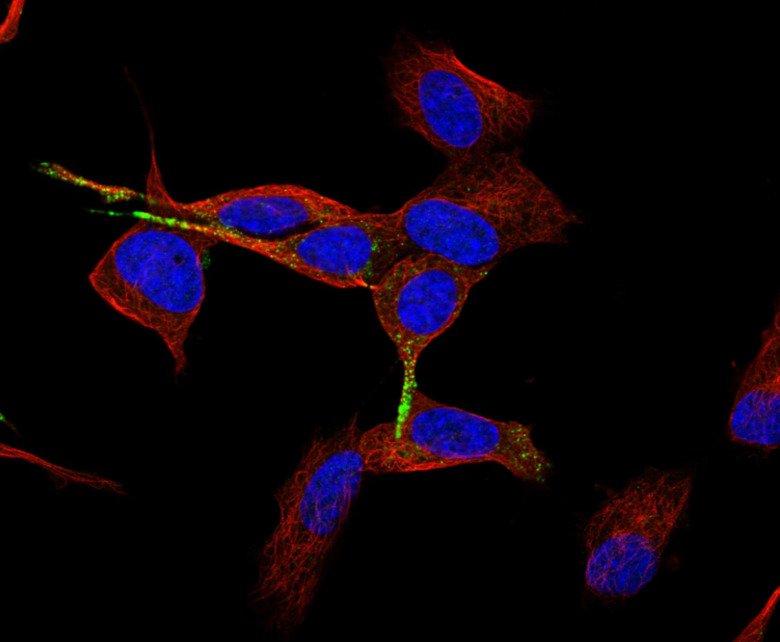The Protein Atlas turns 20 with breathtaking films of the human body

The Human Protein Atlas, a Swedish initiative, is turning 20. To celebrate the anniversary, the HPA consortium is launching a new website that combines atlas facts with breathtaking films of the human body and an updated version of the protein database. Researchers from Karolinska Institutet are involved in many different ways in the project.

The Human Protein Atlas (HPA) was started 20 years ago on the initiative of Mathias Uhlén, a visiting professor at Karolinska Institutet’s Department of Neuroscience and professor at the Royal Institute of Technology (KTH), who had the vision of mapping all human proteins.
The anniversary is being celebrated with a new website showcasing important discoveries made under the HPA programme and containing films that take viewers into the human body down to the level of individual cells. The site is to be launched in association with the journal Science, which is also publishing a digital story of the project’s journey and important milestones along the way.
The films on the new site are based on so-called 3D immunoimaging and light sheet microscopy, and researchers at Karolinska Institutet are taking part in the project in a variety of ways.
“It’s great to see the results of light sheet microscopy, a technique that makes it possible for us scientists to make new detailed analyses of tissue,” says Csaba Adori at the Department of Neuroscience, Karolinska Institutet, who heads the microscopy analysis, in a press release from the HPA.
The anniversary is also being marked by the release of version 20 of the open HPA database, which contains an atlas of protein-coding genes in 192 different human cell types. The atlas of the brain also presents a probing analysis of the prefrontal cortex, a project that KI researchers are working with.
“These new data provide detailed insight into the chemical anatomy of the human prefrontal cortex,” says Tomas Hökfelt, professor at the Department of Neuroscience, Karolinska Institutet, in the press release from HPA.
The Human Protein Atlas is based at the Science for Life Laboratory (SciLifeLab), the national infrastructure for molecular bioscience run by Karolinska Institutet, KTH, Stockholm University and Uppsala University. The HPA consortium is financed by the Knut and Alice Wallenberg Foundation.
